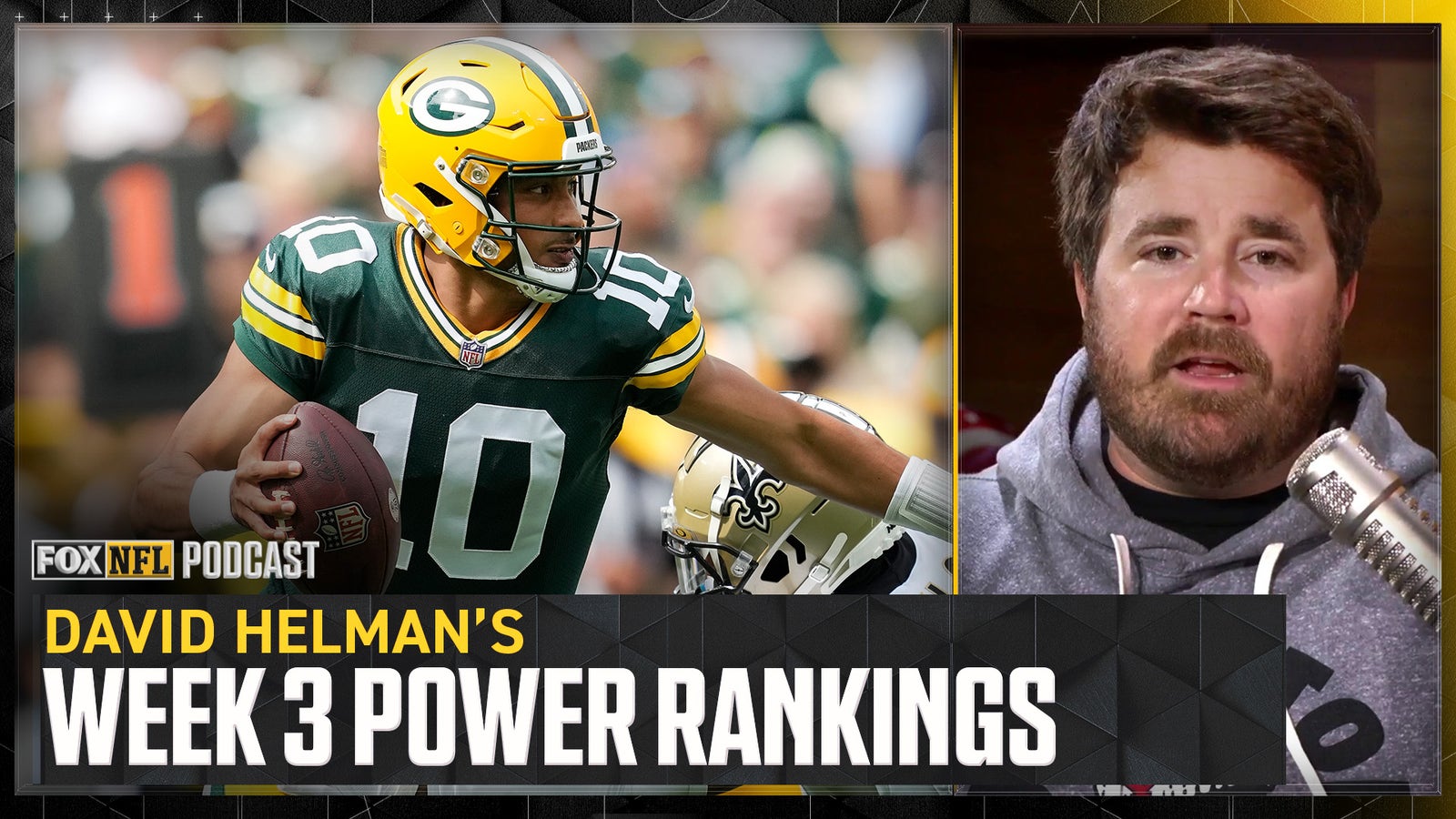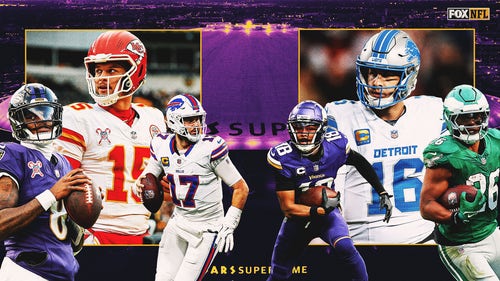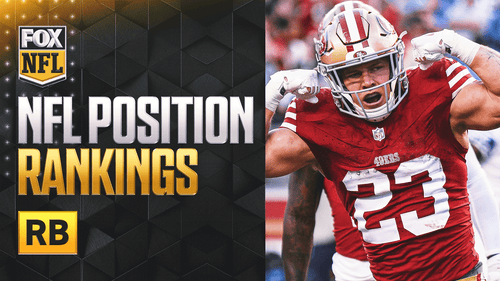
The Packers' approach to developing young WRs dates back to Vince Lombardi
Green Bay may have the youngest team in the NFL, filled with new faces and emerging talent. But make no mistake, these are still Vince Lombardi's Packers.
Packers headquarters is very fittingly located at 1265 Lombardi Avenue, and the same principles Lombardi instilled all those decades ago still permeate the halls. They take a slow and steady approach to building a team in a league with an ever-diminishing attention span, but that approach is one that has worked through generations of front-office staff.
Get the system. Get the quarterback. The rest will take care of itself.
We've already seen it manifest in first-year starter Jordan Love through three games of the season. Love had the best rating of any qualified passer through the first two weeks of the season. After leading a comeback victory over the Saints in Week 3, he now sits at 13th but has the third-most passing touchdowns with seven and the second-best touchdown percentage of any quarterback league-wide. His average pass length is 10.55 yards, which is the furthest in the NFL.
Beyond the stats, he doesn't seem capable of panicking. Love is poised in every situation, including being down 17-0 entering the fourth quarter a week after surrendering a 12-point lead from the same point.
There's a reason for this. Like the quarterback before him, Green Bay allowed him to sit for three years, learning the system he'd be operating and watching one of the best to ever play the position execute it. And now that he has the reins, he's also equipped with a system and a playcaller who actively helps and understands him. This isn't new. We know the Packers have a system when it comes to quarterback succession.
But it also applies to other players on offense — in particular, wide receivers. Green Bay was criticized this offseason for not bringing in more help for Love in the form of veteran pass-catchers after the departure of guys like Allen Lazard and Randall Cobb to New York. Aaron Rodgers had his veteran guys to lean on, why wouldn't you do the same for a first-year starter?
Because that's never been the Green Bay way.
Rodgers had risen to a level of success that allowed him to dictate front-office decisions for the Packers. Rodgers' last few years, surrounded by veterans, were an exception. Most of his receivers were homegrown, but it was still a departure from the way the Packers operated since the 1960s.
The situation Rodgers was placed in last season — when he played with two rookie wide receivers after the Packers traded away his favorite target in Davante Adams — was reminiscent of the days early in Rodgers' career with the likes of Jordy Nelson. Or of Brett Favre and Sterling Sharpe under Mike Holmgren. Sharpe had made three straight Pro Bowls in his final three seasons, but a neck injury during the 1994 season would prove to be career-ending. Favre no longer had his safety net and Green Bay turned to relative unknowns at the time: Robert Brooks and a rookie Antonio Freeman.
Brooks exploded for 1,497 yards the following season in 1995. Freeman was still on return duty and only tallied 105 yards that season, but he'd have 933 yards in 1996 and eclipse 1,000 yards in 1997. In 1998, Freeman led the league in receiving yards with 1,424. The changing of the guard forced Favre to up his game in just his fourth season in the NFL. That was Green Bay's plan all along: draft and develop.
It's what the Packers tried to do with Rodgers in 2022, but it just didn't work. Instead of embracing the youth around him, Rodgers rebelled and insisted on keeping Cobb and tight end Marcedes Lewis. It's also why there was reported tension around the building. General manager Brian Gutekunst learned from Ted Thompson, who learned from Mike Sherman, who learned from Ron Wolf and so on and so forth. Gutekunst was just trying to follow the time-honored plan and Rodgers was stopping it. But it's hard to argue with a future Hall of Famer. And when head coach Matt LaFleur came in, Rodgers' way was all he knew.
That's why the fact that LaFleur is embracing it now is even more of a testament to the Lombardi way. It took a little while this offseason for LaFleur to fully buy in. His skepticism was evident after Lazard and Cobb left to join Rodgers in New York, and he expressed the desire for a veteran wide receiver. He hadn't seen the system work.
He has now, though.
With the benefit of a quarterback who has taken time to work with the talent around him, Green Bay is now seeing success with first- and second-year weapons around Love. Rookie Jayden Reed is the team's leading receiver through three weeks of the season with 148 yards and two touchdowns. Second-year player Romeo Doubs has 129 yards and three touchdowns. Rookie tight end Luke Musgrave is right behind him at 124 receiving yards. Yes, Green Bay is down one of its top receivers, but they should get second-year receiver Christian Watson back against the Lions on Thursday Night Football.
It's an incredibly efficient offense with room to continue growing. Stealing wins is the cherry on top during this evolutionary period. With skill-position salaries the way they are, incubating talent from the draft is the only way to sustain success. By the time the Packers have to pay Love, they'll still be a year off from having to pay either Watson or Doubs. They'll be two years off from paying Reed or Musgrave. And because none of these guys were taken in the first round, the years before their second contract come cheaper than most.
The Green Bay Packers have indeed done it again. And that's because it's all they've ever known.
FOX Sports NFL analyst Bucky Brooks contributed to this story.
Carmen Vitali covers the NFC North for FOX Sports. Carmen had previous stops with The Draft Network and the Tampa Bay Buccaneers. She spent six seasons with the Bucs, including 2020, which added the title of Super Bowl Champion (and boat-parade participant) to her résumé. You can follow Carmen on Twitter at @CarmieV.












